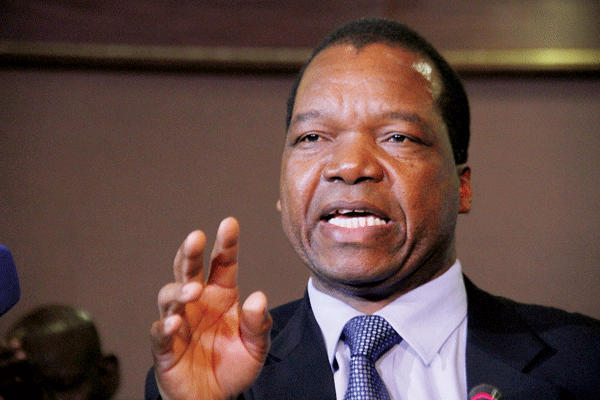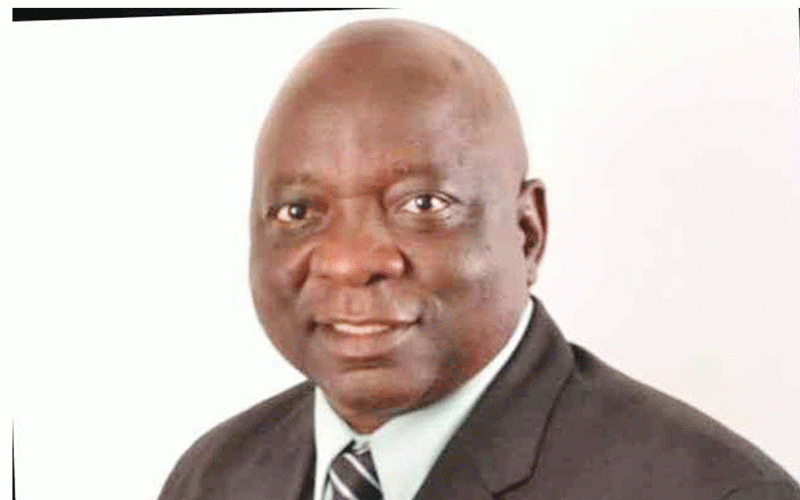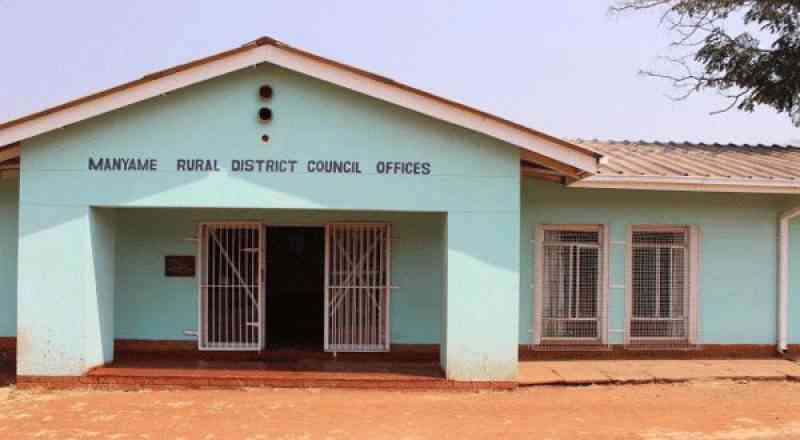
BY TAURAI MANGUDHLA/TAFADZWA KACHIKO RESERVE Bank of Zimbabwe (RBZ) governor John Mangudya says Zimbabweans should not expect more shock therapy statements when he presents his mid-term monetary policy statement.
Mangudya is expected to present his statement soon, and yesterday told NewsDay there would be no shocks.
Zimbabweans have been subjected to shock announcements before as government desperately stitches together plans to arrest economic decline.
In May, government suspended bank lending to ostensibly dissuade speculation against the Zimbabwe dollar, a decree that was later reversed after an outcry.
In late June, the RBZ also shook the market by hiking interest rates from 80% to 200% in a bid to deter speculative borrowing, which was viewed as fuelling exchange rates volatility.
“There is nothing spectacular, but it’s (mid-term, monetary policy statement) coming. It’s a matter of consolidation,” Mangudya told NewsDay yesterday.
Finance minister Mthuli Ncube announced a supplementary budget last week as inflation raced to 256,9% up from 191,6% in June.
In yet another attempt to save the free-falling local currency, the RBZ also introduced the Mosi-oa-Tunya gold coins to mop up excess liquidity, and present the market with a store of value.
- Chamisa under fire over US$120K donation
- Mavhunga puts DeMbare into Chibuku quarterfinals
- Pension funds bet on Cabora Bassa oilfields
- Councils defy govt fire tender directive
Keep Reading
Mangudya also claimed that parallel market rates had tumbled as a result of the gold coins, and predicted a further slide.
Economist Trust Chikohora said this was the intended outcome.
“The whole idea of these gold coins was to mop up excess liquidity and this results in the parallel market rates falling,” he said.
Finance and Economic Development ministry spokesperson Clive Mphambela also said: “There are a series of measures put in place in the last eight weeks which have impacted positively on inflation. As you can see, the parallel market which has been the key driver of inflation is very stable … As we speak, we can see stability which needs to be consolidated.”
According to the Zimbabwe National Statistics Agency (ZimStat) latest report, the month-on-month inflation declined from 30,7% in June to 25,6% in July.
Economic analyst Eddie Cross said: “In fact, it has declined sharply and the inflation rate has also declined, but we need to maintain progress.”
Another economist, Prosper Chitambara said: “However, the sustainability of this depends on several issues that include building confidence, enhancing policy pronouncements and obviously continuing to deal with excess liquidity or money supply growth within the economy. Those are the two drivers of inflation.”
On Monday, Mangudya said the RBZ’s Monetary Policy Committee (MPC) met on July 29 to review the impact of the recent monetary policy measures on the economy.
“In view of the said developments and outlook, the MPC resolved to maintain the interest rates at current levels. The tight monetary policy stance would be buttressed by the favourable uptake of gold coins which were introduced in the economy on July 25, 2022 as an alternative stable financial product for store of value … The MPC will continue to review interest rates on a regular basis in line with month-on-month inflation developments,” Mangudya said.
Inflationary pressures, power and foreign exchange challenges, are among the perennial challenges facing business.
In a recent report published by our sister publication the Zimbabwe Independent, Mangudya said the economy would not dollarise despite signs that it was self-dollarising.
- Follow us on Twitter @NewsDayZimbabwe











